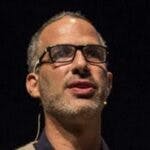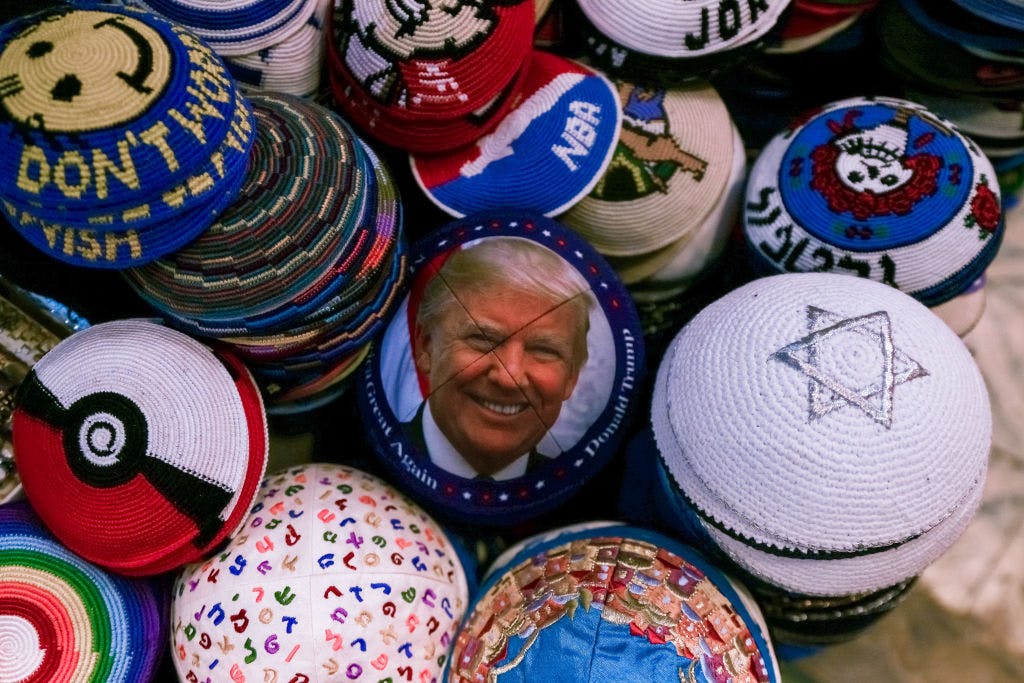Published: 17 September 2021
Last updated: 4 March 2024
MATI SHEMOELOF was one of the curators of a bold arts festival to create a united Middle-East - for a weekend. His dream overcame a rough start to finish on a high
OPENING NIGHT OF the recent Middle East Union festival in Berlin almost ended in disaster. The multilingual literature event was held at the famous Babylon cinema and opened with a panel of Berlin-based Arab and Jewish intellectuals.
Following the panel, the Sistanagila, a band comprised of Iranian and Israeli musicians, took the stage. But after just one song, the bass player collapsed on stage screaming in pain. Luckily, there was a doctor in the audience.
I was one of the curators of the festival. The idea of a united Middle East came to me after almost a decade of living in the European Union. If Europe could unite after centuries of colonialism, two world wars and one Holocaust, then the Middle East, North Africa, Iran and Turkey could also unite in such a union.
Three hours before the bass player’s health emergency, I had stood outside the Babylon, in the Mitte neighbourhood, filled with a wonderful feeling that my dream had come true. From a line in one of my poems, I could see it spreading in the city I love and sending its arms all over the world. I imagined peace between Palestinians and Israelis as the first step, then a union with Turkey and Iran.

On the panel, Palestinian artist Steve Sabella showed his beautiful work and talked about his dream of true equality in the Middle East. Dr Dekel Peretz, from the Fraenkelufer synagogue, talked about the Jewish history of Berlin and community’s responsibility to the Middle East.
The activist and psychoanalyst Iris Hefets talked about the need to decolonise Israel, and the curator of the city’s Arab film festival, Iskandar Ahmad Abdalla, referred to similar struggles in the region.
The Berlin night was warm, an ambulance arrived and my head was full of new thoughts. Only six months before, we didn’t know what to do when we received funding. We scheduled weekly meetings to discuss each level of development. Our first decision was that we needed to reach the Palestinian community, to avoid the perception that we were forging a Middle East peace without them.
Alaa Obeid, an environmental activist based in Cologne, curated a Middle East panel about climate change and the common need to think about the environmental future of the region.
The idea of a “Queeristan” was brought to the agenda by the queer Arab-Jewish writer Hila Amit Abbas. This panel discussed how the LGTBQI community could be part of such a Middle-East union. It also deconstructed the idea that we middle eastern people want to be western.
The German media wrote wonderful reviews. We had expected a strong critical reaction because most of our participants were critical of Israeli politics. But nothing happened.
About 100 people came to the first event at the Babylon. It was a thrill to see our idea on the billboard outside the famous cinema. Even Klaus Lederer, a politician and Berlin’s Senator for Culture, turned up. He had to listen to critical ideas, including that the Middle East is more a European and less a Levantine idea.
Things were supposed to become light and happy when the music started. But then the bassist collapsed. The paramedics said he would be ok. Before being carried out, he asked the band to continue performing – and they did.
More panels were held the following day, starting with “Writing the Arab-Jew: Reflections on Displacement and Middle Eastern Diasporas”, then “Middle East Environmental Majlis” (councils) and “Agents of Change: pioneering female MENA voices in Film & TV”.
At night, Eden Cami and the Kayan Project (pictured) performed on the shore of Lake Wannsee (on the other side of the lake to where, in 1942, the Wannsee conference took the decision to pursue The Final Solution). By the third day we were working in good rhythm and the queer event was held.
The German media wrote wonderful reviews. We had expected a strong critical reaction because most of our participants were critical of Israeli politics. But nothing happened. No accusations of antisemitism. We wondered why? Maybe because one of the events took place in the Fraenkelufer synagogue. We were almost disappointed.
I cannot forget the moment when I heard the musician cry out with pain. Only now do I understand why I felt strangely guilty. Perhaps this utopia of a Middle East Union making economic, cultural and political connections between enemies, is an impossible dream. If not impossible, it’s a long way off.
Photo: Eden Cami and the Kayan Project (courtesy of the festival)




